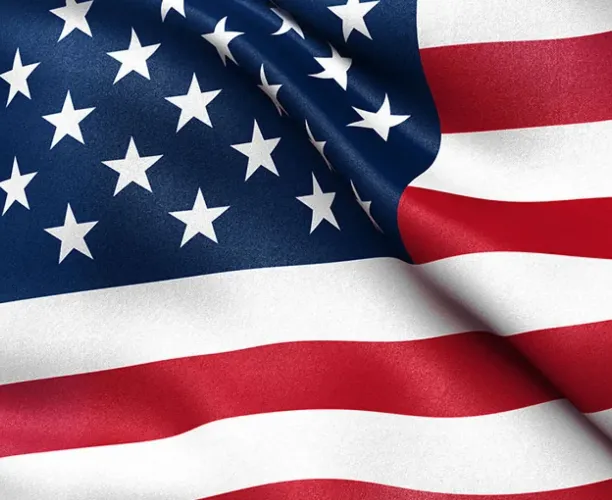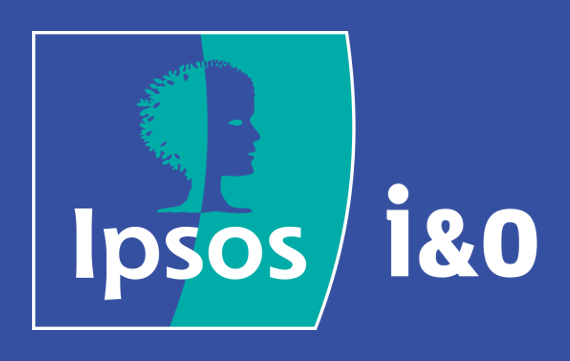

Know the New America & Beyond: August 2025
Inflation still haunts U.S. voters and consumers. While it has cooled since its historic peak in 2022, it still remains raw and real for American consumers – and a source of great concern. Now, as economists debate when (and how) more price increases will trickle down as a result of tariffs, an Ipsos analysis shows that lower- and middle-income Americans are more likely to cut back on things like dining out and snacks.
It will affect millions of average Americans: Ipsos polling shows that in fact middle-income Americans were most likely to take on new debt since the start of this year, with 36% of households making between $50,000 and $100,000 a year doing so. For international brands trying to sell to Americans, this increasing price-consciousness creates a pinch point that could soon become a problem as tariffs take hold and they must decide how to absorb or pass on the costs.
At the same time, U.S. concern about poverty and inequality is relatively low as our latest What Worries the World survey shows. Even as Trump deploys the military to crack down on crime in Washington and other “blue” cities, U.S. concern about crime is also below the global average. Similarly, while concern about political corruption is second only to inflation as an issue in the U.S., it is still low compared to many other countries.
As for how Americans think about others around the world: There is support among Americans for the recognition of a Palestinian state, with 58% of Americans in favor and 33% opposed, according to a new Reuters/Ipsos poll. A majority of Americans (54%) also believe that President Donald Trump is too closely aligned with Russia in the wake of a face-to-face meeting with the country’s president, Vladimir Putin.
Read on to discover the latest insights on America from Ipsos. Thank you for reading — please contact us to help you navigate this uncertain environment.
Yours sincerely,
Ben Page
CEO of Ipsos

Americans never forgot about inflation: Five charts on where they stand
For Americans, inflation is a familiar story, one that never really left their minds, even several summers after 2022’s historic wave of inflation hit its crest. These five charts show where Americans stand on inflation, and how it could affect demand.

How Gen Z Americans are dealing with financial challenges
Gen Z Americans are finding adulthood more expensive than expected. Facing this, nearly three-quarters of them are taking action to improve their financial health, according to Bank of America’s 2025 Better Money Habits financial education study, in cooperation with Ipsos.

The future of wellness: How technology and changing priorities are shaping healthcare, food and beyond
The pursuit of healthy living influences every aspect of American life. But that picture is changing faster than ever before. Explore the newest issue of our What the Future magazine, focusing on wellness, to learn about that tension and its implications for product innovators, marketers and corporate strategists across the healthcare, pharmaceutical and tech industries.
Trump’s overall approval is slowly eroding, but his base continues to give him strong support
U.S. consumer confidence remains stable on average despite pressures
What the rest of the world thinks
And finally, other Ipsos global reports this month
Ipsos Education Monitor 2025 - Concern about youth mental health is widespread and support for banning younger teenagers from social media is clear
Ipsos Equalities Index 2025 — More needs to be done to promote equality, but support has slipped over the last two years, as “anti-woke” sentiment becomes more widespread
The future of synthetic data — Ipsos partners with Stanford University to pioneer the future of market research with synthetic data : artificial intelligence that can enhance the speed, efficiency, and security of data collection.



